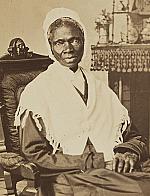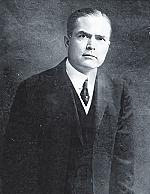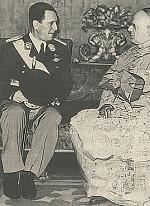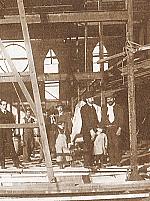“Pour water on the thirsty”
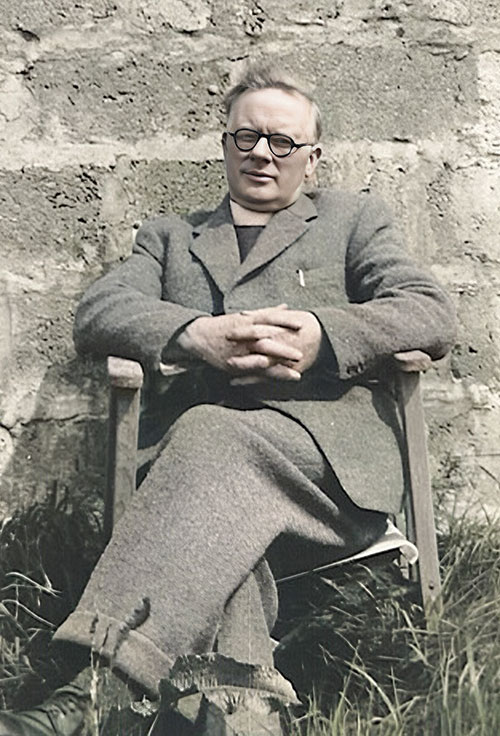
[Above: Duncan Campbell, 1960s—Flower Pentecostal Heritage Center]
It started with two elderly women praying twice a week. In 1946 on the Isle of Lewis in the Outer Hebrides, an archipelago off the western coast of Scotland, these two were concerned about their church, especially its lack of young people. They sensed a spiritual drought in their community, so every Tuesday and Friday they spent much of the night in prayer, asking God to “pour water upon him that is thirsty, and floods upon the dry ground” (Isa. 44:3). They convinced the church elders to pray as well.
For about a month and a half, these prayer meetings continued twice a week, the two women in their home and seven church leaders in a barn. One young deacon challenged the other leaders to make sure they themselves were praying with “clean hands and a pure heart” (Ps. 24:4). It would be pointless, he said, to plead for revival if they were not in right relationship with God.
One of the two women had a vision of someone standing at the church pulpit, a man she didn’t know. She urged the minister to invite a guest preacher to come and shepherd this impending work of God. After several attempts the parish of Barvas on the Isle of Lewis welcomed a missionary pastor from Edinburgh named Duncan Campbell (1898–1972).
God can't fail
The night he arrived, Campbell preached to about 300 people at the church. “It was a good meeting,” he said. “There was a sense of God and a consciousness of his Spirit moving, but nothing beyond that.” As Campbell was leaving, the young deacon was still praying in the aisle: “God, You can’t fail us! You promised to pour water on the thirsty and floods upon the dry ground. God, You can’t fail us!” Stepping out of the church, Campbell saw a crowd of about 600 there, eager for more of God’s blessing.
“I believe that very night God swept by in Pentecostal power,” Campbell said later. “And what happened in the early days of the Apostles was now happening in the parish of Barvas.”
People flocked to the church—including more than 100 young people who were at a dance nearby. Many in town who had already gone to bed got dressed and came to the church. The crowds waiting outside the church sang songs and, as the doors reopened, they brought the music inside. A building that held 800 was crammed full. The service went on until 4:00 a.m.
Then, on the way to his lodging, Campbell was interrupted once again, now summoned to the police station. No, he wasn’t being arrested. Four hundred people were standing around the station, praying, calling out, waiting for God to do something in their midst. Campbell and those present saw it as no coincidence that the police station sat beside the home of the two women whose prayers had started it all.
Swept by the Spirit
After that amazing night, the revival continued for five weeks with the same high energy. Then it simmered down a bit, but as Campbell reported,
The churches were still crowded, people were still seeking after God, and prayer meetings were being held all over the parishes. . . . A prayer meeting met every day at noonday. At that time all work stopped for two hours; looms were silent. For two hours, work stopped in the fields, and men gathered for prayer. . . . That continued for almost three years, until the whole of the island was swept by the mighty power of God.
By Randy Petersen
[Christian History originally published this article in Christian History Issue #153 in 2024]
Randy Petersen is CH guest managing editor for this issueNext articles
When the Spirit moves: CH153 Gallery
A diverse collection of revivalists from the 1800s and 1900s
Charlie SelfChristian History Timeline: The Spirit, the gospel, and prayer
Revival movements of the modern era
The editors“Indescribable sweetness”
Willis Collins Hoover (1858–1936), the founding pastor of the Church of Chile, recorded his stirring account of the 1909 revival in Chile.
Willis Collins Hoover



